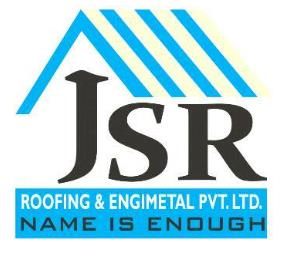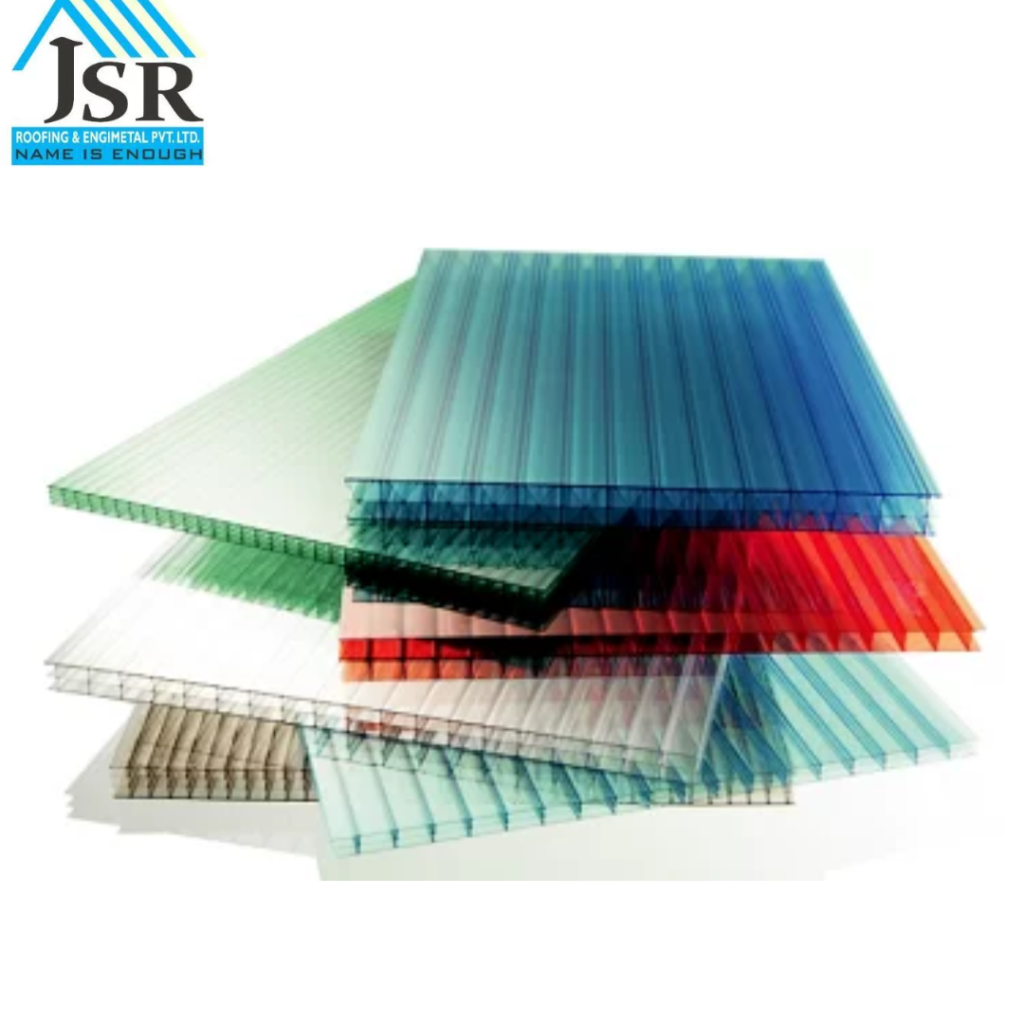Polycarbonate sheets have gained popularity in various applications, from construction to signage, due to their unique properties. They are versatile, durable, and come in a range of styles and thicknesses. However, like any material, polycarbonate sheets have both advantages and disadvantages. In this blog, we will explore these pros and cons to help you make an informed decision about their use.
What is Polycarbonate Sheets?
Polycarbonate sheets are versatile, durable materials made from polycarbonate, a type of strong, lightweight thermoplastic. These sheets are known for their excellent impact resistance, making them nearly unbreakable compared to glass. They are often used in various applications, including:
- Construction: For roofing, skylights, and windows.
- Signage: As durable and weather-resistant sign panels.
- Greenhouses: Providing insulation while allowing sunlight to pass through.
- Safety Equipment: Such as face shields and safety glasses.
High Impact Resistance One of the standout features of polycarbonate sheets is their exceptional impact resistance. They are nearly unbreakable, making them an ideal choice for applications requiring durability, such as safety barriers, skylights, and greenhouse panels. Compared to glass, polycarbonate is much less likely to shatter, providing enhanced safety.
Lightweight Polycarbonate sheets are significantly lighter than glass, making them easier to handle and install. This lightweight nature can reduce transportation costs and the structural support needed for installation, offering a cost-effective solution for many projects.
UV Resistance Many polycarbonate sheets come with a UV-resistant coating that helps block harmful ultraviolet rays. This feature is particularly beneficial for outdoor applications, as it protects plants in greenhouses and prevents color fading in furniture and displays.
Thermal Insulation Polycarbonate sheets provide good thermal insulation, helping to maintain consistent temperatures in buildings and reducing energy costs. This insulation property makes them suitable for use in energy-efficient designs.
Versatile Design Options Polycarbonate sheets are available in various colors, finishes, and thicknesses, allowing for creative flexibility in design. Whether you need clear sheets for visibility or tinted options for aesthetics, polycarbonate can meet a wide range of design needs.
Disadvantages of Polycarbonate Sheets
Scratching While polycarbonate sheets are highly durable, they are prone to scratching. Unlike glass, which is more resistant to surface damage, polycarbonate can develop scratches over time, potentially affecting transparency and appearance. Using protective coatings can mitigate this issue but may add to the overall cost.
Cost Polycarbonate sheets can be more expensive than some alternatives, such as acrylic or standard glass. The initial investment may be higher, so it’s important to consider the long-term benefits and durability when evaluating costs.
Limited Chemical Resistance Polycarbonate is not resistant to certain chemicals, such as solvents and harsh cleaning agents. Exposure to these substances can cause discoloration or damage to the sheets. It’s crucial to use compatible cleaning products to maintain their integrity.
Thermal Expansion Polycarbonate sheets can expand and contract with temperature changes, which may lead to warping or misalignment in certain installations. Proper installation techniques must be employed to accommodate this expansion and ensure longevity.
Flammability Although polycarbonate sheets are more fire-resistant than many other plastics, they can still burn. It’s important to consider fire safety regulations and the specific applications when using polycarbonate in construction or signage.
Conclusion
Polycarbonate sheets offer numerous advantages, including high impact resistance, lightweight construction, and UV protection, making them an excellent choice for various applications. However, they also have drawbacks, such as susceptibility to scratching and limited chemical resistance. When deciding whether to use polycarbonate sheets, weigh the benefits against the disadvantages to determine if they align with your project’s requirements. With the right knowledge and careful consideration, polycarbonate can be an invaluable material in your next endeavor.

